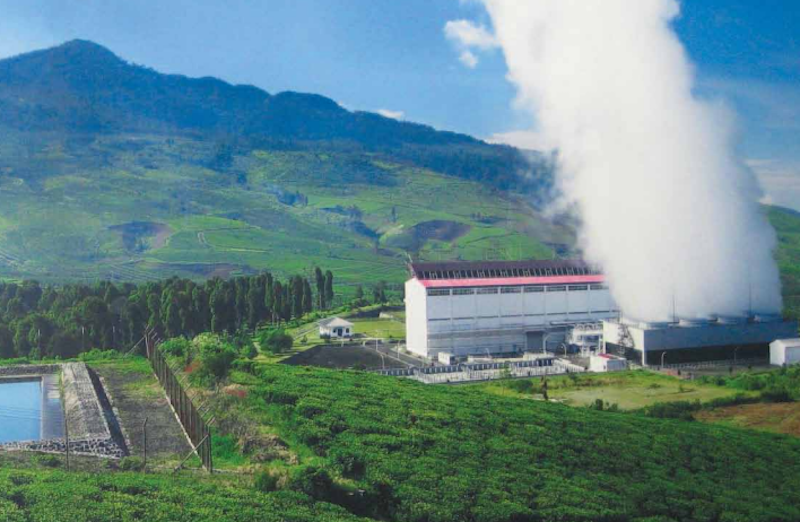Geo Dipa to proceed with 3 geothermal projects after resolution of civil dispute

Following a favorable Supreme Court decision in a civil dispute, PT Geo Dipa Energi is back on track to construct three additional power plants in the Dieng-Patuha geothermal project.
PT Geo Dipa Energi has resumed the construction of three geothermal power plants in the Dieng-Patuha project in West Java, Indonesia. This is following the decision of the Supreme Court that ruled in favor of Geo Dipa regarding a civil dispute with PT Bumigas Energi. The three plants that will be constructed are Dieng Unit 2, Patuha Unit 2, and the 10 MW small-scale power plant.
According to PT Geo Dipa Energi Corporate Secretary Endang Iswandini, the continuation of the construction of the geothermal power plants puts Geo Dipa on track to supply up to 270 MW of electricity by 2023. Moreover, the Dieng-Patuha geothermal project is part of the Indonesia government’s Phase II Fast Track Program that is targeting 35,000 MW of total generation to augment the country’s electricity infrastructure.
“Geo Dipa is one of the Special Mission Vehicles (SMV) under the Ministry of Finance which is mandated to support government programs that provide safe and environmentally friendly geothermal power,” added Endang.
Previously, PT Geo Dipa Energi and PT PLN were negotiating for the electricity prices for the Candradimuka geothermal working area in Dieng, Central Java. According to Geo Dipa Energi Director Riki Ibrahim, drilling in the Candradimuka geothermal working area will proceed as soon as there is an agreement on the selling price of the electricity that will be generated.
Although the negotiations had been going on for two years, Riki is optimistic that an agreement will be established this year. Geo Dipa Energi had submitted a proposed rate of USD 10 cents per kWh, Riki revealed.
If the drilling and development of the Candradimuka geothermal working area will proceed, it can produce 40 MW of electricity in the initial stage. Funding for the development of the project was provided by the Asian Development Bank.
Source: Merdeka